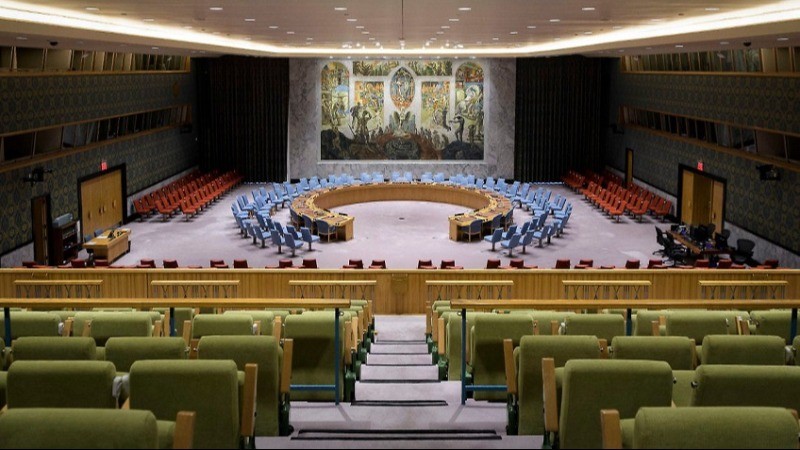
UNITED NATIONS: The United States has expressed support for adding two permanent seats for African nations on the United Nations Security Council, as well as a rotating seat for small island developing states. This announcement, made by U.S. Ambassador to the U.N. Linda Thomas-Greenfield, is part of Washington's broader efforts to strengthen ties with Africa and Pacific Island nations.
The proposal comes amid growing dissatisfaction in Africa over U.S. foreign policies, particularly regarding its support for Israel’s actions in Gaza. It also aims to counter China’s growing influence in the Pacific region. Thomas-Greenfield emphasized that this initiative aligns with U.S. President Joe Biden’s goal to achieve meaningful reform in the Security Council.
In addition to advocating for permanent African seats, the U.S. continues to back long-standing proposals for India, Japan, and Germany to also secure permanent positions on the council. For decades, developing nations have demanded a greater role in this powerful U.N. body, which is responsible for maintaining global peace and security, imposing sanctions, and authorizing military actions. However, previous talks on reform have not yielded significant progress.
Ahead of her announcement, Thomas-Greenfield clarified that the U.S. does not support expanding veto power beyond the current five nations—Russia, China, France, the U.S., and Britain—that hold this privilege. She expressed hope that the push for African seats would bring renewed momentum to reform efforts, even though the path to change remains uncertain.
The U.N. Security Council was established in 1945 with 11 members, expanding to 15 in 1965. Today, it consists of 10 elected members serving two-year terms and five permanent members with veto power. Any changes to the council's structure would require amending the U.N. Charter, a process that demands the approval of two-thirds of the General Assembly, including the current five veto holders.
Despite more than a decade of discussions on Security Council reform, recent geopolitical conflicts, particularly Russia's invasion of Ukraine, have intensified calls for change. As Thomas-Greenfield pointed out, much of the conversation on reform has so far been theoretical. She reiterated Washington’s support for moving forward with negotiations to amend the U.N. Charter.
Thomas-Greenfield acknowledged the complexity of the process, stating that she could not predict how long it might take for the General Assembly to vote on such a resolution. Currently, Africa holds three non-permanent, rotating seats on the Security Council, but these positions, she argued, do not give African nations the opportunity to fully influence global peace and security discussions.
Small island developing states, Thomas-Greenfield added, also deserve representation due to their unique perspectives on issues like climate change, which have significant impacts on international peace and security.
UN Allocates USD4 Million for Flood Relief Efforts in Bangladesh
Patriot Day 2024: A Day to Remember the Heroes and Lives Lost on September 11
Japan Protests to Chinese Naval Vessel Entering Its Territorial Waters